If I were asked for a one-sentence sound bite on religion, I would say I was against it
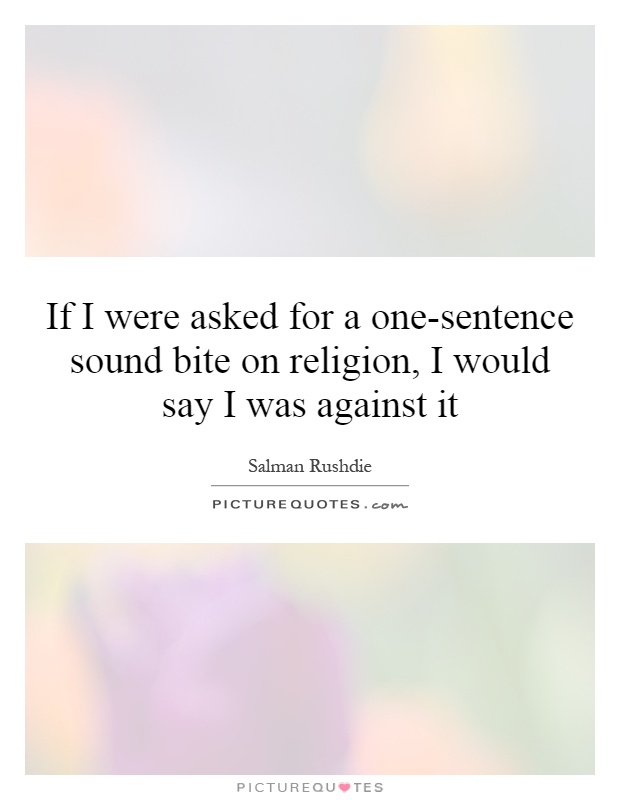
If I were asked for a one-sentence sound bite on religion, I would say I was against it
Salman Rushdie, a renowned author known for his controversial and thought-provoking works, has never shied away from expressing his views on religion. In the quote, "If I were asked for a one-sentence sound bite on religion, I would say I was against it," Rushdie succinctly captures his stance on organized religion.Rushdie's statement reflects his belief in the freedom of thought and expression, as well as his skepticism towards the dogma and control often associated with religious institutions. Throughout his career, Rushdie has explored the complexities and contradictions of faith in his writing, often challenging traditional beliefs and questioning the role of religion in society.
One of Rushdie's most famous works, "The Satanic Verses," sparked international controversy and led to a fatwa issued against him by the Iranian government in 1989. The novel delves into themes of religious faith, cultural identity, and the power of storytelling, challenging readers to confront their own beliefs and prejudices.
Rushdie's outspoken criticism of religion has made him a target for extremists and conservative groups, but he has remained steadfast in his commitment to free speech and intellectual inquiry. In a world where religious intolerance and fundamentalism continue to pose a threat to individual liberties and human rights, Rushdie's voice serves as a reminder of the importance of questioning authority and standing up for one's beliefs.
Ultimately, Rushdie's stance on religion is not one of blind opposition, but rather a call for critical thinking and open dialogue. By challenging the status quo and pushing boundaries, Rushdie encourages readers to think for themselves and engage with the complexities of faith in a nuanced and thoughtful way. In a society where religious beliefs often dictate social norms and political decisions, Rushdie's words serve as a powerful reminder of the need for intellectual freedom and the pursuit of truth, no matter how uncomfortable or controversial it may be.

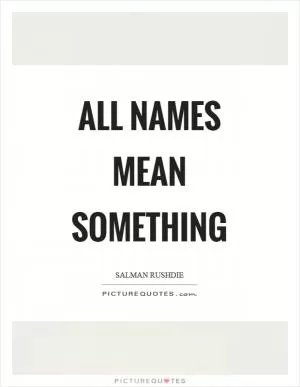
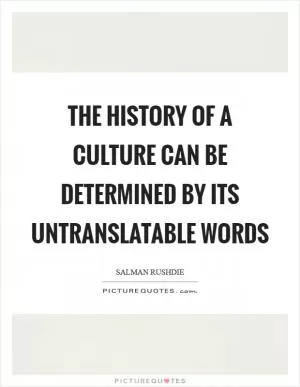
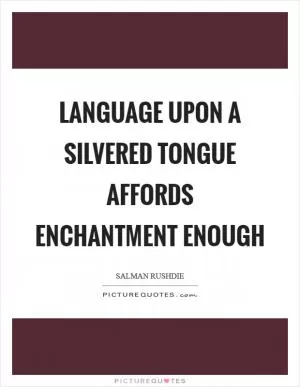
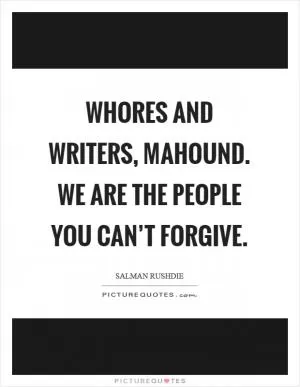
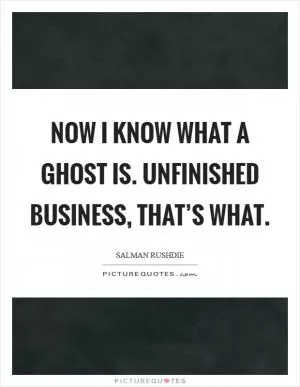
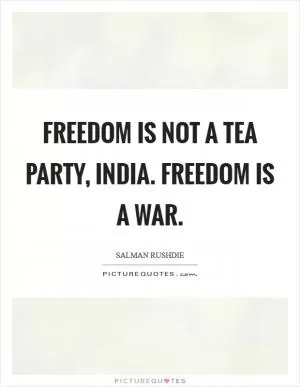
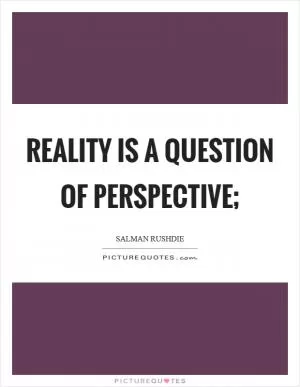
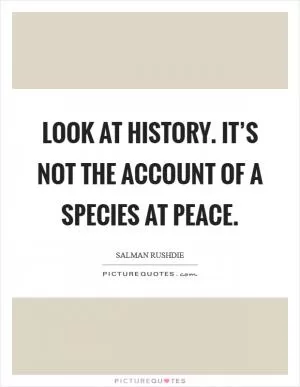
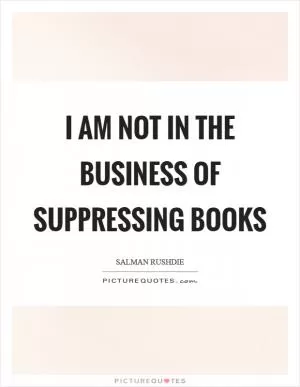

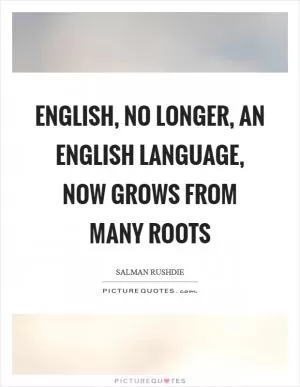
 Friendship Quotes
Friendship Quotes Love Quotes
Love Quotes Life Quotes
Life Quotes Funny Quotes
Funny Quotes Motivational Quotes
Motivational Quotes Inspirational Quotes
Inspirational Quotes